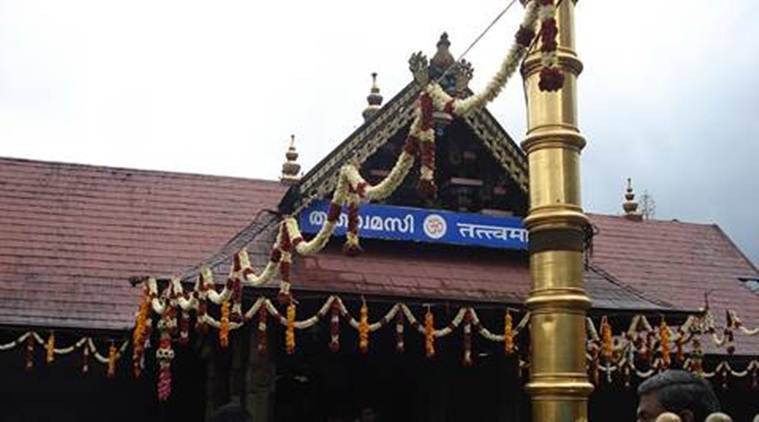 After the order, the apex court framed seven issues which will be heard by the nine-judge Constitution Bench on issues relating to freedom of religion under Constitution and faith.
After the order, the apex court framed seven issues which will be heard by the nine-judge Constitution Bench on issues relating to freedom of religion under Constitution and faith.
The Supreme Court Monday said that the five-judge bench which heard the Sabarimala review petitions can refer legal questions to the larger bench while exercising limited power under review jurisdiction. The hearing in the case will begin on February 17 on a day-to-day basis.
A bench headed by Chief Justice S A Bobde framed seven questions to be heard by a nine-judge Constitutional bench on issues relating to freedom of religion under the Constitution and faith. Read in Malayalam
The top court also upheld reference order made by five-Judge bench which had heard Sabarimala review petitions
The seven questions framed by the bench include those on scope and ambit of religious freedom and interplay between religious freedom and freedom of beliefs of religious denominations. The bench said it’s nine-judge bench will deal with the right to freedom of religion under Article 25 of the Constitution and its interplay with the right of various religious denominations.
It will also deal with the extent of judicial review with regard to religious practices and the meaning of “sections of Hindus” occurring in article 25 (2)(b) of the Constitution.
The Supreme Court will also deal with the power of a person, who does not belong to a particular religion or sect of a religion, to question the religious beliefs of that religion by filing a PIL.
On Thursday, the bench headed by CJI Bobde reserved its order on the question “whether this court can refer questions of law to a larger bench in a review petition?”. The CJI observed that “by making a reference order, the Court has not prejudicially affected anybody’s rights. At the most, it may be an innovative procedure but has not affected anybody’s rights”.
The CJI also expressed surprise over arguments that the SC could not have made such a reference and said, “It was being argued that the President can make a reference and seek opinion but this court cannot.”
(With PTI inputs)